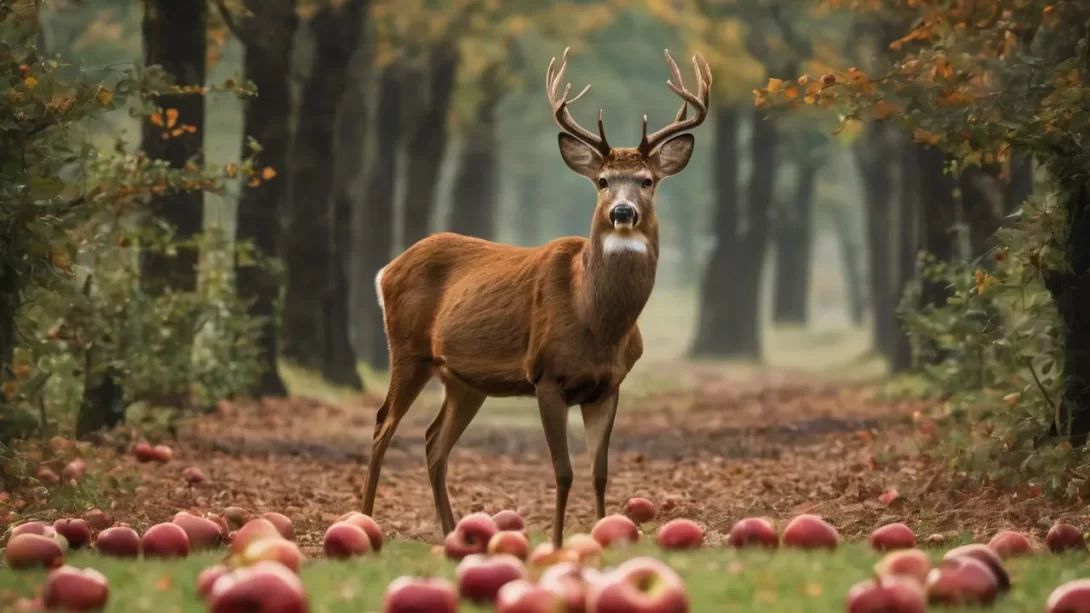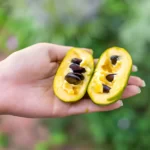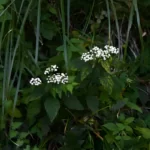Deer, known for their adaptable feeding habits, often enjoy a variety of foods in their natural diet, including fruits, nuts, and vegetation. Apples, with their sweet taste and nutritional benefits, can be a tempting treat for these animals. However, understanding how apples fit into the diet of a deer is crucial for their health and well-being. This article explores the role of apples in a deer’s diet, considering both the benefits and potential risks.
Nutritional Value of Apples for Deer
Apples are a good source of essential nutrients like vitamins, minerals, and dietary fiber, which can be beneficial for deer. They are particularly rich in vitamin C, potassium, and various antioxidants. These nutrients support various health aspects, including immune function and digestion. However, it’s important to note that while apples are nutritious, they should not replace the natural forage that makes up the majority of a deer’s diet.
Health Benefits and Risks of Feeding Apples to Deer
Feeding apples to deer can offer health benefits due to the fruit’s nutrient content. The natural sugars in apples provide a quick energy source, which can be particularly beneficial during colder months or in areas with scarce food resources. The fiber content aids in digestion, promoting gut health. However, there are risks to consider. Apples can ferment in a deer’s stomach, causing discomfort or digestive issues. Also, overfeeding can lead to an imbalance in the deer’s diet and potentially attract them to human-populated areas, increasing the risk of accidents or human-wildlife conflicts.
Safe Feeding Practices
If you choose to feed apples to deer, it’s important to do so responsibly. Begin by offering small quantities to avoid digestive upset. Whole apples should be cut into smaller pieces to prevent choking hazards, especially for fawns. Avoid leaving large amounts of apples or other food that might attract deer in unnaturally high numbers, as this can lead to overgrazing and other ecological imbalances. It’s also crucial to consider the location of feeding, ensuring it’s away from roads or busy areas to minimize the risk of human-deer conflicts.
Apples as Part of a Balanced Diet for Deer
While apples can be a healthy treat, they should only be a small part of a deer’s diet. Deer naturally forage for a variety of foods to meet their nutritional needs. In the wild, their diet consists of leaves, twigs, fruits, and nuts, depending on the season. For those caring for captive deer, such as in wildlife rehabilitation centers, a diet closely mimicking their natural forage should be provided. In these cases, apples can be included as a supplementary treat, but not as a primary food source.
Alternative Foods for Deer
There are many other foods that can safely be fed to deer. Options include carrots, pears, and leafy greens, which provide similar nutritional benefits as apples. Additionally, natural forage plants, like clover and alfalfa, are excellent for supplementing a deer’s diet. For those looking to support deer populations, especially in winter, providing a mix of these foods can be more beneficial than relying solely on one type of fruit or vegetable. However, it’s always important to research and consult with wildlife experts before feeding any wildlife, to ensure it’s done safely and sustainably.
Conclusion: The Role of Apples in a Deer’s Diet
In summary, while deer can safely consume apples, this should be done with caution and responsibility. Apples offer nutritional benefits to deer, such as essential vitamins and a source of energy, but they should not become a major part of their diet. Overfeeding apples or feeding them inappropriately can lead to health issues and potentially harmful human-deer interactions.
The key takeaway is the importance of moderation and understanding the natural dietary habits of deer. Wild deer are best supported by preserving their natural habitat and food sources. For those in controlled environments like rehabilitation centers, a diet that closely mimics natural foraging is ideal, with apples and other fruits as occasional supplements.
For individuals who wish to feed deer, it’s crucial to prioritize the animals’ health and ecological balance. This means offering a variety of foods, in small quantities, and in a safe, controlled manner. Consulting with wildlife experts and following local regulations regarding feeding wildlife is always recommended. By adhering to these guidelines, people can enjoy the experience of supporting deer while helping to maintain their health and natural behaviors.



